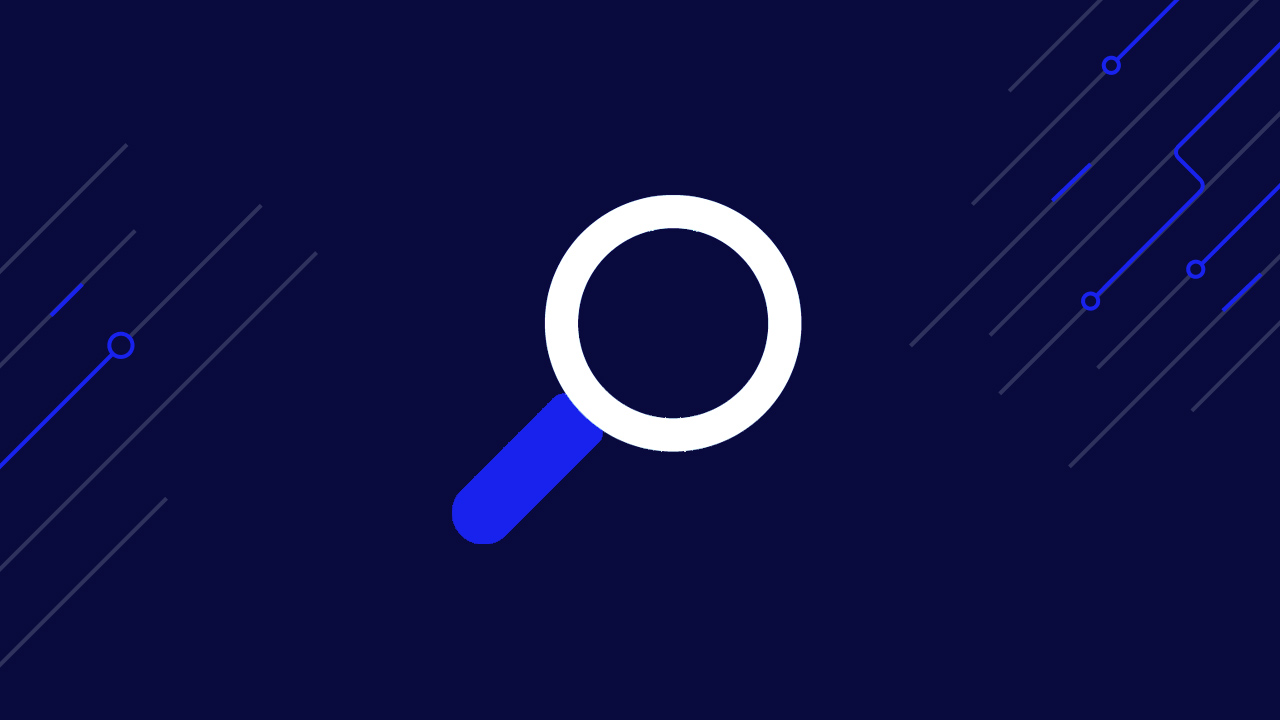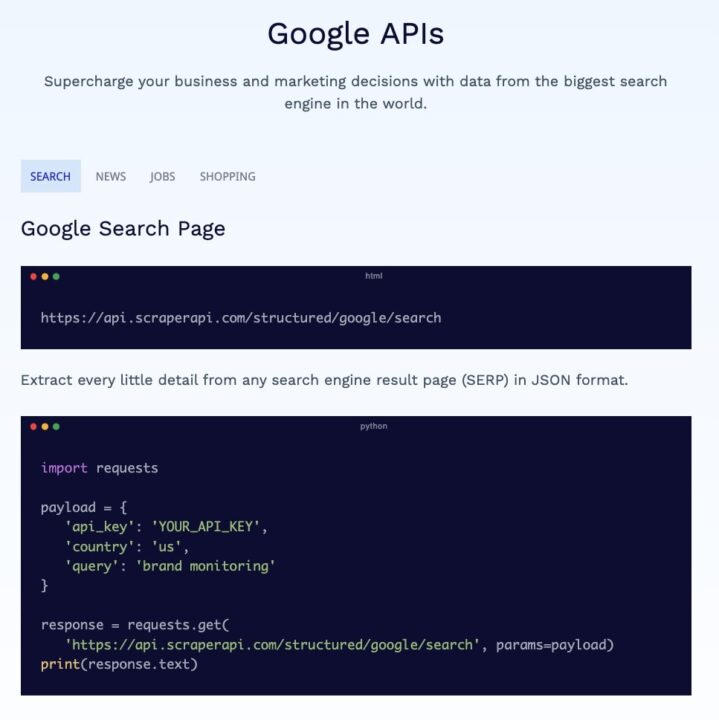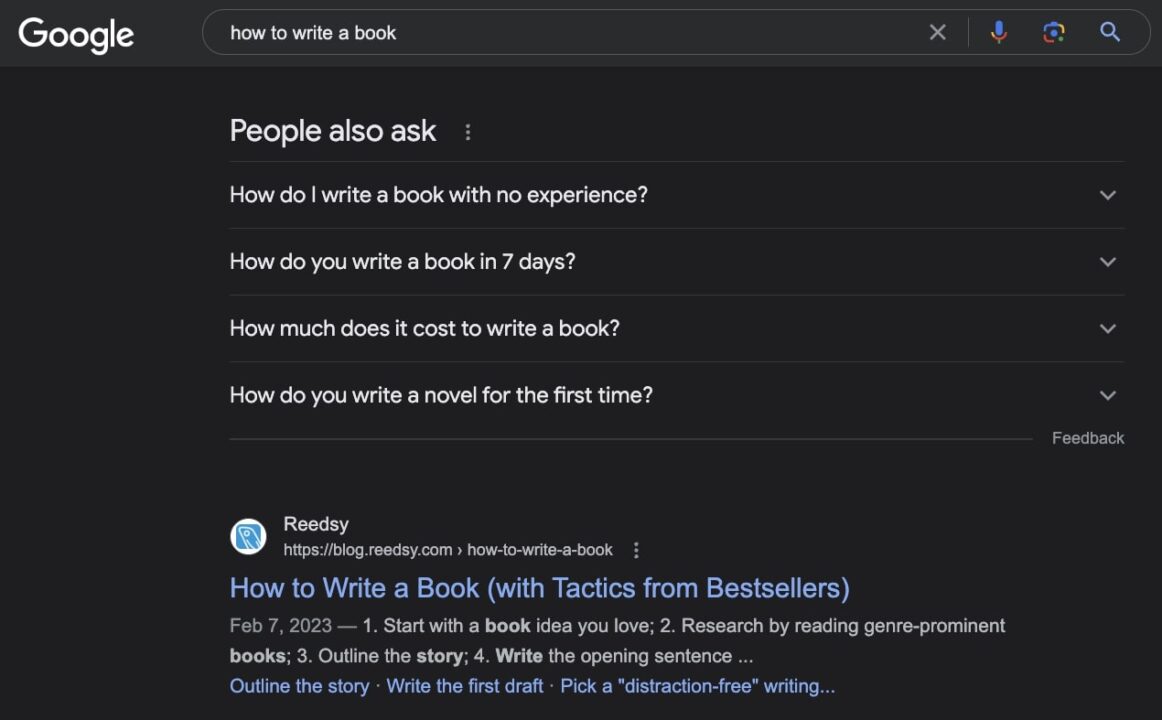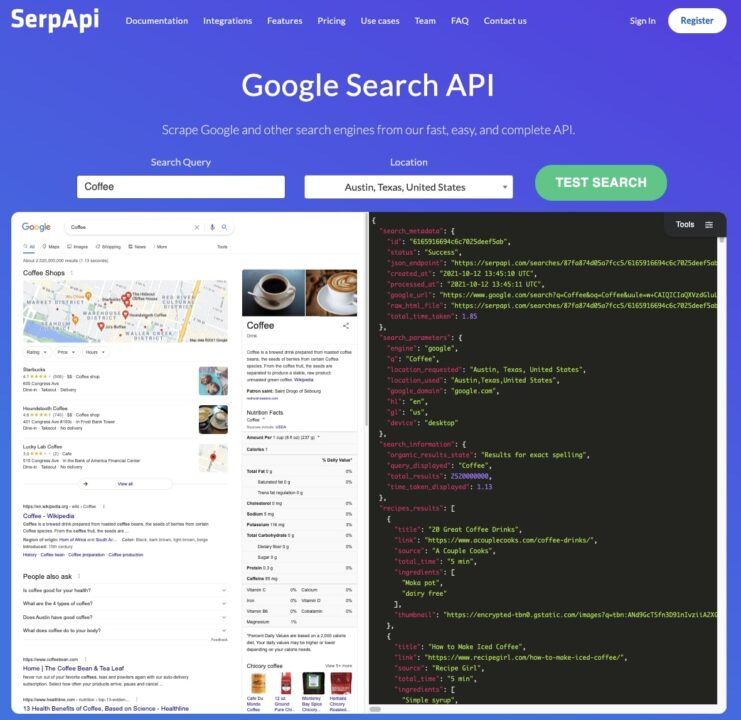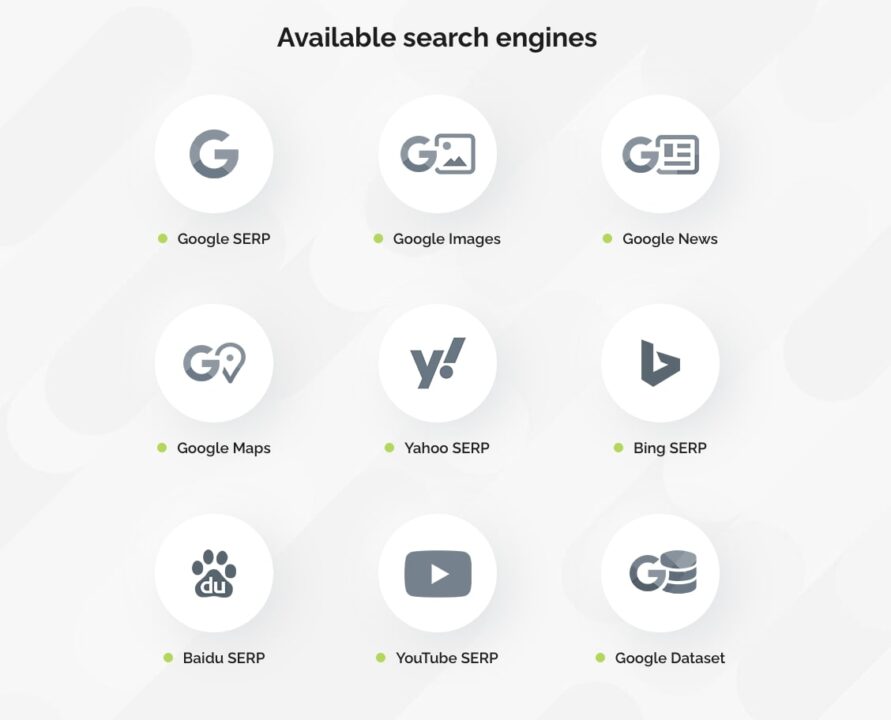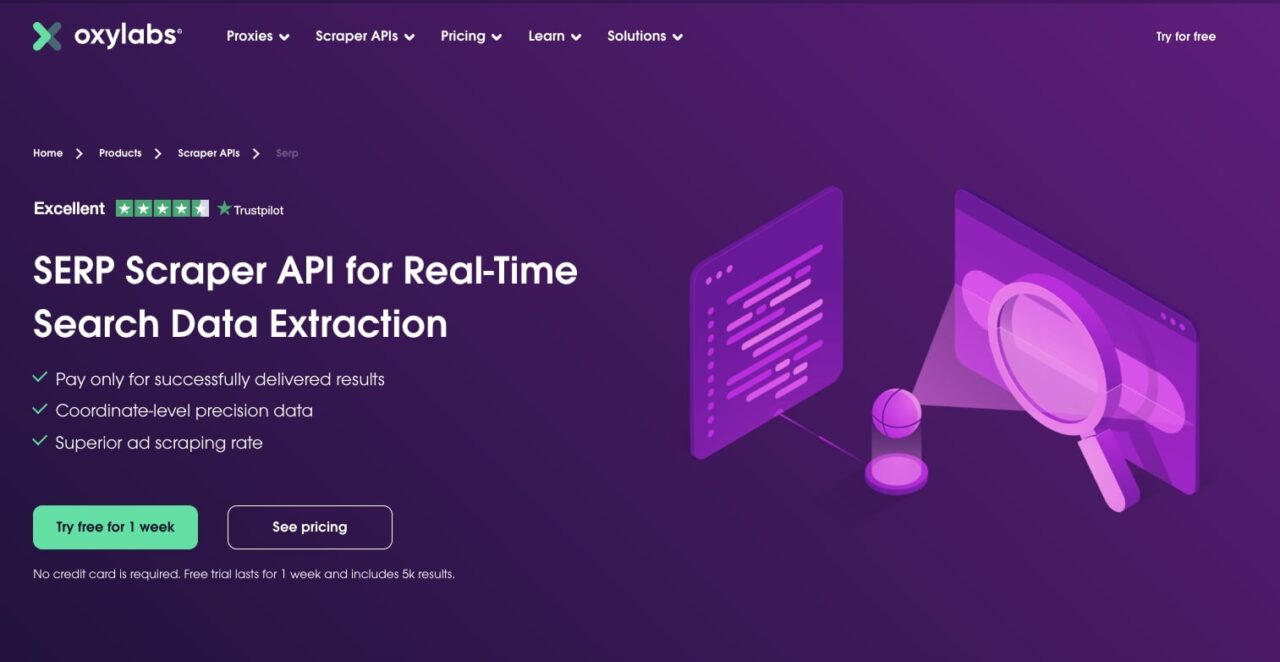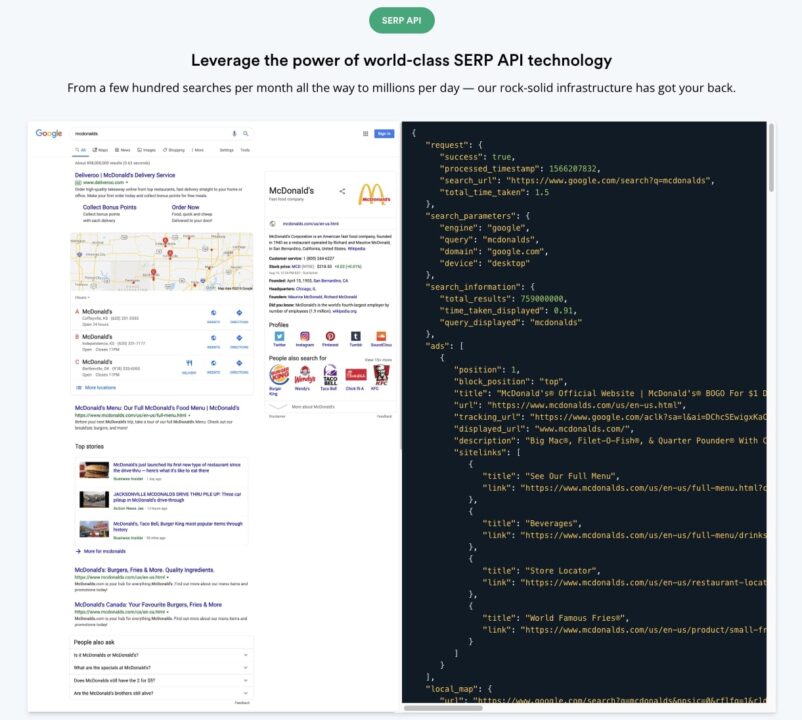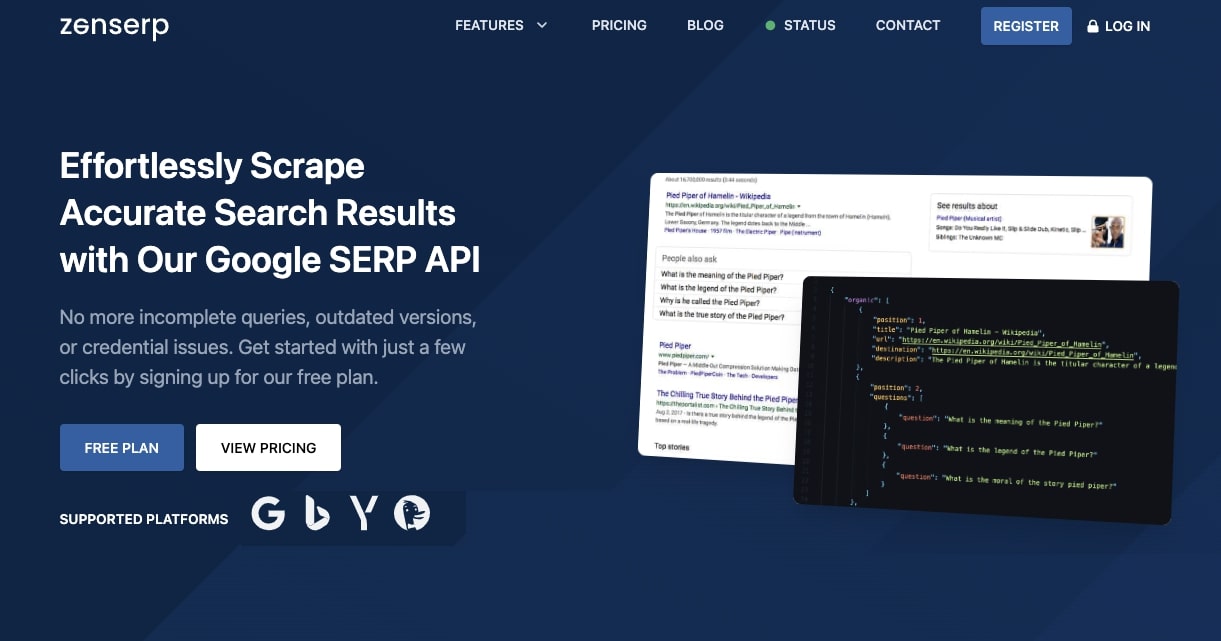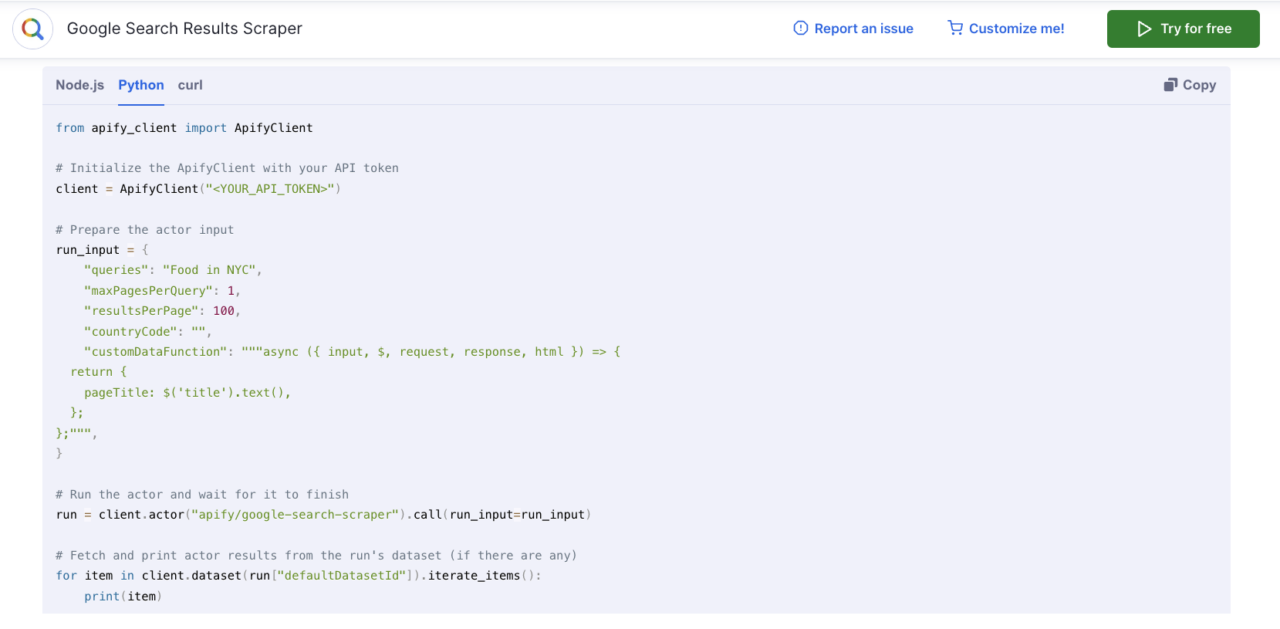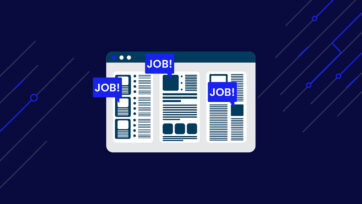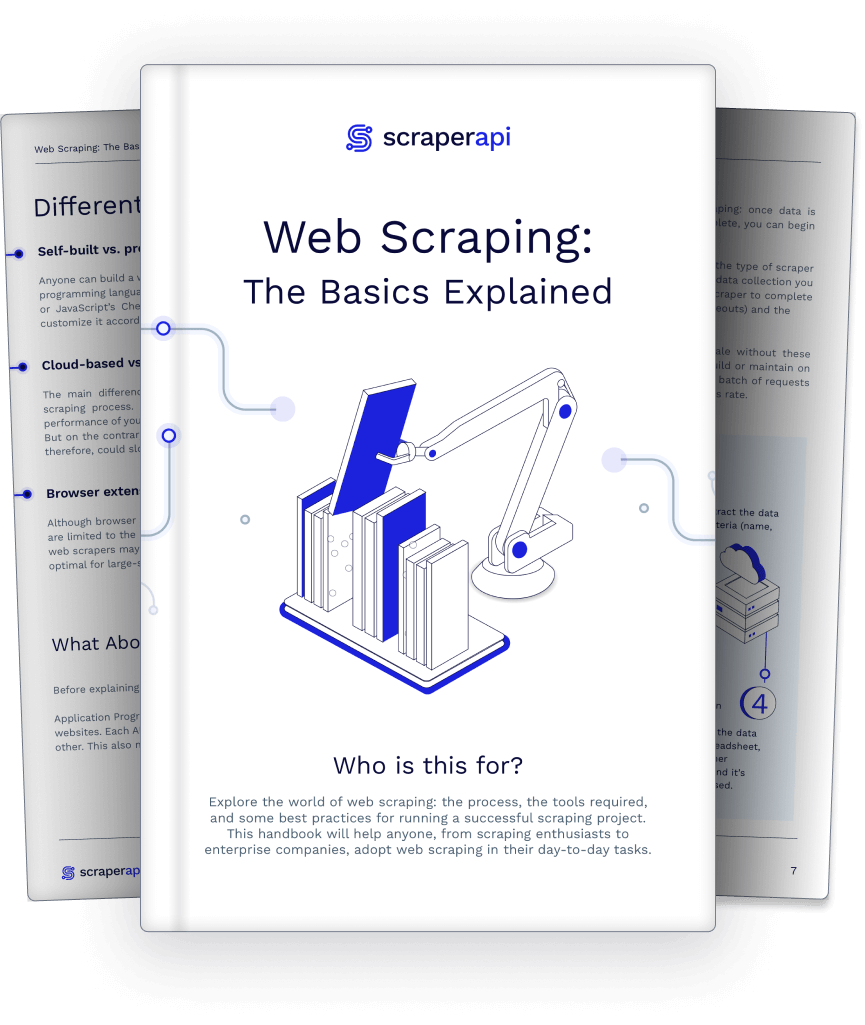Getting consistent Google SERP data at scale (millions of searches) can be easy, with the right tool.
However, with so many options out there, it can be tough to choose one.
To help you decide, we’ve listed the seven best APIs for Google SERP scraping. We took into consideration things like:
- Response time
- Data quality
- Reliability
- Scalability
- Extra features
- Pricing
So you can feel confident you are only seeing the best options.
TL;DR: ScraperAPI offers the most comprehensive tooling to scrape Google SERP, including a structured data endpoint to pull JSON data from any query at the most affordable price.
- ScraperAPI – Best Google SERP API to collect structured JSON data with a simple API call
- SERP API – API with the major selection of search engines
- DataForSEO – Robust solution to build in-house marketing tools
- OxyLabs – Specialized proxy management system
- SerpStack – Great option for small projects
- Zenserp – Second fastest response times
- Apify – Store of pre-made scrapers, including for Google SERP
1. ScraperAPI (Best Google SERP API)
ScraperAPI is an advanced web scraping solution with a robust set of tools designed to collect web data consistently at an enterprise scale.
Unlike other tools in this list, ScraperAPI offers a wide range of benefits for engineers and data teams:
- A pool of 40M+ IP addresses– including data center, residential and mobile proxies – across 50+ countries
- Smart IP rotation system to ensure 99.99% success rates
- CAPTCHA handling
- JavaScript rendering
- Simple-to-use structured data endpoints to collect JSON data from domains like Google and Amazon
Its Google SERP API allows you to turn any Google search result into structured JSON data with a simple API call.
Turning this:
Into this:
"related_questions": [
{
"question": "How do I write a book with no experience?How do I write a book with no experience?",
"position": 1
},
{
"question": "How much does it cost to wrote a book?How much does it cost to wrote a book?",
"position": 2
},
{
"question": "How do you write a book in 7 days?How do you write a book in 7 days?",
"position": 3
},
{
"question": "How do you write a book from scratch?How do you write a book from scratch?",
"position": 4
}
]
By sending your request through ScraperAPI’s Google SERP endpoint, it’ll:
- Use machine learning and years of statistical analysis to bypass any anti-scraping mechanism thrown your way
- Parse the response and organize every relevant data point into a JSON structure
- Allow you to collect localized data using geotargeting
- Save you hundreds of development and maintenance hours
Additionally, you could use the standard API and retrieve the raw HTML. You have full control over what data you get and how you get it.
Learn how to use ScraperAPI’s structured data endpoints with our simple-to-follow tutorial, or get started for free with 5,000 API credits.
Pros:
- Most affordable and scalable option on the list
- Provides easy-to-handle JSON data with just a search query
- Robust web scraping tool kit
- Generous free plan, offering 5,000 API credits
- Additional structured data endpoints for Google Shopping, Google Jobs, and Google News
- Multi-threads and geotargeted are included with every plan
Cons:
- Doesn’t provide additional endpoints for other search engines
2. SERP API (Major Selection of Endpoints)
As its name implies, SERP API is a web scraping tool designed specifically to collect data from search engines. It’s endpoints are fast and have a near 100% success rate.
When it comes to variety, SERP API has the longest list of structured data endpoints, including:
- Google Search API
- Google Maps API
- Google Jobs API
- Bing Search API
- YouTube API
- eBay API
- And more…
However, it balances its wide range of endpoints with a considerable price tag.
Although it starts with a generous plan at $50/month for 5,000 Google searches, the following tiers quickly ramp up in price – making scaling to large amounts of data quite costly.
To have some context, ScraperAPI’s $49/month beginners plan would provide you with 4,000 searches, 1,000 searches under SERP API.
However, on their second tier, SERP API offers 15,000 Google searches for $130/month, while ScraperAPI provides you 40,000 Google searches for $149/month.
The gap in price vs. the amount of data provided triples in subsequent higher plans.
Pros:
- Biggest selection of endpoints to collect data from search engines
- Simple to use and implement
- Generous starting price
Cons:
- Too expensive for large projects
3. DataForSEO (Designed for Marketing Teams)
DataForSEO is a search engine API that has been specifically designed for digital marketers who want to build their own in-house SEO tools instead of having to depend on tools like SEMRush, Ahrefs, and MOZ for their SEO data.
They have built custom APIs for different data problems a digital marketer might want to solve:
- Search Engine API
- Google Ads API
- Google Trends API
- Traffic Analytics API
- On-Page API
- Google Shopping API
Unlike the previous solutions, DataForSEO uses a Pay-As-You-Go payment system which is great for those who aren’t 100% sure how many API requests they need to make each month.
However, it also makes the tools considerably more expensive when scraping SERP data at scale.
The biggest downside is that response speed is locked between different price tags. So for more affordable prices, you would have longer wait times – not to mention that the guarantee response time is actually 45 minutes after the post() request is made.
Pros:
- Designed specifically with marketing teams in mind
- Great collection of search engine endpoints
Cons:
- Expensive if scraping at scale
- Instead of a consistent response speed, higher speeds are locked behind a higher price
- Long response times overall
4. OxyLabs (Alternative Proxy Manager)
OxyLabs’ SERP API offers a 100% success rate and an easy-to-use API, great for anyone who needs to be guaranteed fast high-quality search engine data from Google, Bing, Baidu, and Yandex.
Similar to ScraperAPI, it also offers a set of tools to scrape any URL you’d like, as well as different web scraping tools.
The only drawback is its high cost. It begins with a generous starting plan at $49/month for 17,500 results, but as it gets pricy at subsequent plans
Also, there’s no clear definition of what counts as a result. For example, most tools talk in terms of number of Google searches you get. This little detail can be misleading for newcomers.
Pros:
- 100% success rate
- High-quality proxies and proxy manager
- It gets closer to ScraperAPI’s price after reaching 1M results
Cons:
- Doesn’t have the same level of functionality as other solutions
- Vague pricing model
5. Serpstack (Great Option for Small Projects)
Serpstack is another great search engine API option for those who just need the data. The team at SerpStack has built a fully-featured API that is able to extract:
- Google Search Results
- Google Images
- Google Videos
- Google News
- Google Shopping
And return the data to you in either JSON or CSV format. They have extensive documentation, so it is very easy to use and integrate with your current data feeds.
In comparison to other tools in the list, it has a very similar price structure: ranging from $29.99/month for 5,000 Google searches to $199.99/month for 50,000 searches – at which point it’s more affordable than SERP API (which charges $250/month for 30,000 searches).
Pros:
- Good functionality and great documentation.
Cons:
- Very expensive at scale
6. Zenserp (Second Fastest Response Time)
If you are looking for speed, Zenserp is a great option for you. They’ve gone to great lengths to make sure they return the data as quickly as possible without compromising on data quality.
Not only that, but the API itself boasts a full range of features that allows you to scrape all types of SERP data, including organic, paid, answer box, featured snippet, top story, local maps, etc.
Their documentation is also very good, making it very easy to get up and running fast.
In terms of prices, Zenserp gets quite expensive as you scale, getting to $399/month for 120,000 Google searches, which is $100/month more than what ScraperAPI asks for the same amount of data.
Pros:
- Very fast API with a lot of functionality.
Cons:
- Too expensive for large projects.
7. Apify (Store of Pre-Made Scrapers)
Apify is a great marketplace/store to buy pre-made scrapers. It has many different solutions, including a full-flesh Google Search scraper.
Their pricing is more complex than the straight API options listed above as they price their services in terms of “Actors” and “requests,” but in general, they are good value for money compared to some of the other more expensive options.
Pros:
- Wide range of pre-built scrapers to suit lots of scraping needs
Cons:
- Pricing is confusing
- Their Search scraper doesn’t have the same level of functionality as some of the other options
- Best suited for small projects
Wrapping Up
Each and one of the solutions listed in this article have proven to provide a near 100% success rate, a wide range of reliable search engine endpoints, and a suited infrastructure for scalability.
However, when collecting data from millions of search results, things like price, ease of use, and transparency are critical variables to take into account.
Of all the tools in the list, ScraperAPI is by far the easiest to use – as you can turn any Google SERP into structured JSON data with just a get() request – and the one providing the highest amount of data for the lowest price.
Unless you want to scrape specific search engines like DuckDuckGo, Baidu or Yandex, ScraperAPI is the best choice for your project.
Try ScraperAPI for free and start collecting Google data in minutes.
Until next time, happy scraping!
Frequently Asked Questions
Why Scrape Google?
Google process around 8.5 billion searches a day and has an outstanding 93% market share in the search engine industry, making it a gold mine of information. This data can be used to monitor competitors, reputation management, build SEO tools or support SEO campaigns, build lead lists, and much more.
Is It Legal to Scrape Google Search Results?
Yes, scraping Google search results is completely legal, as this fall into the realm of publicly available data. However, to avoid getting blocked by Google’s anti-scraping mechanisms, you’ll need to use a web scraping solution like ScraperAPI.
